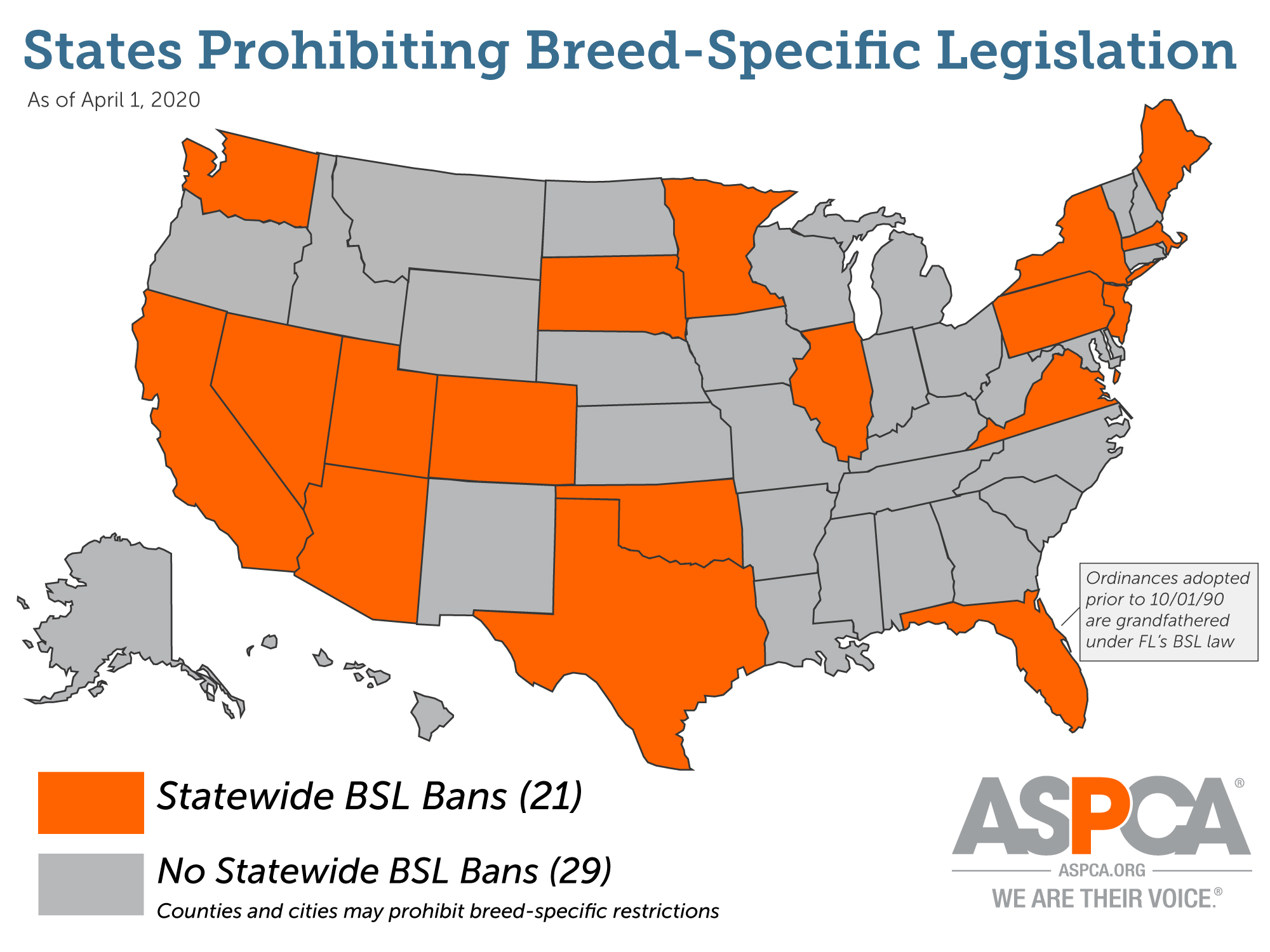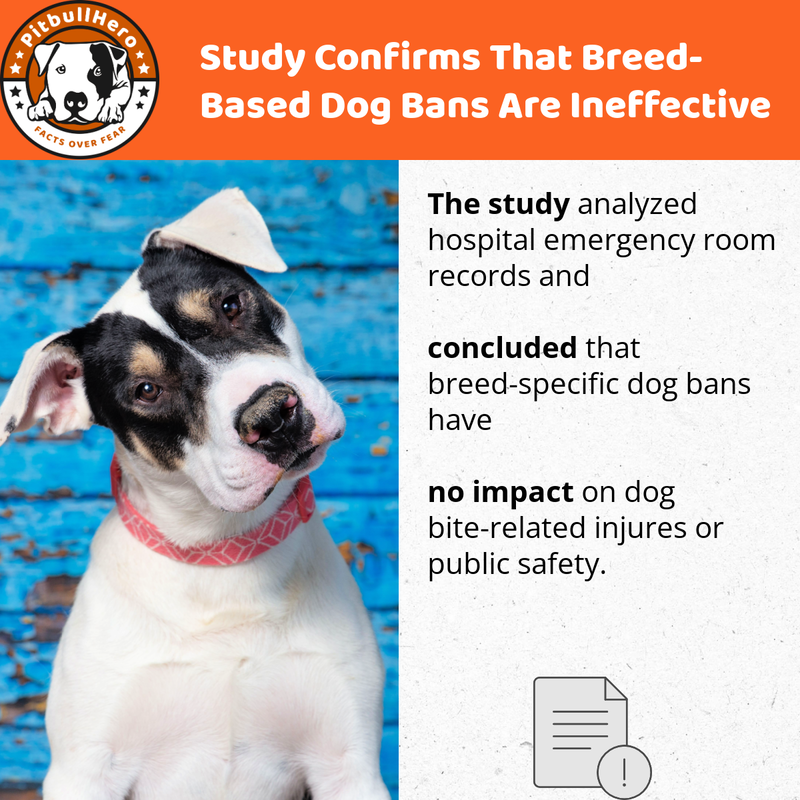Are pit bull bans effective in reducing dog bite incidents? While some may argue that they are, it is interesting to note that in a study conducted in the Netherlands, where pit bull bans have been implemented since 1993, the number of dog bites did not significantly decrease. This raises the question: do these bans truly work in preventing dog attacks, or is there a more effective solution to address this issue?
Pit bull bans have been controversial and debated extensively. Proponents argue that these bans are necessary to protect public safety, citing instances of pit bull attacks. However, critics point out that breed-specific legislation may not be an effective approach. Instead, they advocate for responsible dog ownership education and enforcement of existing dog laws. According to the American Veterinary Medical Association, breed-specific legislation is not supported as an effective public safety measure. Instead, they recommend comprehensive and non-discriminatory strategies, such as promoting responsible pet ownership and focusing on individual dog behavior and owner accountability. It is important to consider alternative solutions that address the root causes of dog aggression rather than focusing solely on breed-specific bans.

Do Pit Bull Bans Work? Analyzing the Effectiveness of Breed-Specific Legislation
Pit bulls have long been a controversial breed, with many advocating for breed-specific legislation (BSL) to ban or restrict ownership of these dogs. Proponents of pit bull bans argue that these laws are necessary for public safety, while opponents claim that they are ineffective and unfair. In this article, we will delve into the topic of pit bull bans and explore whether they truly work.
The History and Rationale behind Pit Bull Bans
Over the years, several cities and jurisdictions worldwide have implemented pit bull bans. These laws typically prohibit or impose strict regulations on owning or breeding pit bulls. The rationale behind these bans is to reduce dog attacks and protect the public from potential harm. Pit bulls are stereotypically viewed as aggressive and dangerous dogs, which is often attributed to their history in dogfighting. It is important to note, however, that not all pit bulls exhibit aggressive behavior, and temperament can vary widely within the breed.
Proponents of pit bull bans argue that these laws are a proactive approach to prevent dog attacks and promote public safety. They claim that pit bulls have a higher propensity for aggression compared to other breeds, and by banning or regulating their ownership, the risk of attacks can be mitigated. Advocates also emphasize the importance of responsible pet ownership and believe that breed-specific legislation discourages irresponsible individuals from acquiring these dogs.
However, opponents of pit bull bans assert that these laws are discriminatory and ineffective. They argue that breed-specific legislation unfairly targets pit bulls based on stereotypes and appearance, ignoring the fact that a dog’s behavior is primarily influenced by factors such as training, socialization, and responsible ownership. Critics also point out that breed identification can be subjective and unreliable, causing potential difficulties in enforcing these laws.
The Effectiveness of Pit Bull Bans
One of the key questions surrounding pit bull bans is whether they actually achieve their intended objectives. Numerous studies and organizations have examined the effectiveness of breed-specific legislation, specifically targeting pit bulls, with mixed results.
In some cases, cities that implemented pit bull bans observed a decline in reported pit bull-related incidents. For example, after enacting a pit bull ban, the city of Denver, Colorado reported a decrease in pit bull attacks. Proponents of the ban argue that these findings validate the impact of BSL in reducing dog attacks and protecting public safety.
However, there is also evidence suggesting that pit bull bans may not be effective in achieving their goals. A study conducted by the Centers for Disease Control and Prevention (CDC) found that breed-specific legislation did not significantly reduce dog bite-related fatalities. The study concluded that factors such as responsible pet ownership, proper socialization, and education on dog behavior were more influential in reducing dog bite incidents.
Furthermore, critics of pit bull bans highlight potential unintended consequences. These laws can lead to the proliferation of illegal breeding and underground dogfighting, as well as the euthanasia of innocent dogs due to their breed classification. They argue that focusing on responsible ownership, breed-neutral dangerous dog laws, and community education would be more effective in preventing dog-related incidents.
Alternatives to Pit Bull Bans
While the debate surrounding pit bull bans continues, there are alternative approaches that have gained support as more effective means of promoting public safety and responsible pet ownership.
1. Breed-Neutral Legislation: Instead of targeting specific breeds, some jurisdictions have adopted breed-neutral dangerous dog laws. These laws focus on the behavior of individual dogs rather than their breed, holding owners accountable for the actions of their pets, regardless of their breed or appearance.
2. Education and Responsible Ownership: Promoting responsible pet ownership through education and community outreach programs can have a significant impact on reducing dog-related incidents. Educating owners on proper training, socialization, and understanding canine behavior can help prevent aggressive behavior and encourage responsible pet ownership.
3. Community-Based Solutions: Implementing neighborhood-based programs, such as free or affordable spay/neuter services, vaccination clinics, and dog training classes, can contribute to the overall reduction of dog bite incidents and promote safer communities.
The Debate Continues: Unraveling the Complexity of Pit Bull Bans
The question of whether pit bull bans work is not a straightforward one. It is a complex issue that requires careful consideration of various factors, including public safety, individual rights, and the effectiveness of different approaches to dog bite prevention.
While some studies suggest that pit bull bans may have a positive impact on reducing pit bull-related incidents, others argue that these laws are inherently flawed and unfairly target a specific breed. The key to addressing the issue lies in a multifaceted approach that encompasses responsible ownership, education, and well-designed legislation that focuses on individual dog behavior, rather than breed-specific regulations.
Ultimately, it is important to prioritize public safety while also considering the potential consequences of breed-specific legislation. By adopting comprehensive measures that account for responsible ownership, community engagement, and effective enforcement, we can strive towards achieving safe and harmonious coexistence between humans and dogs.
Key Takeaways: Do Pit Bull Bans Work?
- Pit bull bans are controversial and often debated topics.
- Some argue that pit bull bans are effective in reducing dog attacks.
- Others believe that breed-specific legislation is unfair and ineffective.
- Enforcing pit bull bans can be challenging and costly for authorities.
- Educating pet owners and promoting responsible dog ownership is crucial to preventing dog-related incidents.
Frequently Asked Questions
Welcome to our FAQs on the effectiveness of pit bull bans. Here, we will address common inquiries regarding the impact and outcomes of pit bull breed-specific legislation.
1. What is the purpose of a pit bull ban?
A pit bull ban aims to restrict or prohibit the ownership, breeding, or importation of pit bull-type dogs in certain areas. The purpose is to prevent dog attacks and, in particular, reduce the number of severe injuries or fatalities associated with this breed.
Pit bull bans are implemented as a safety measure to protect the community, especially vulnerable individuals such as children or the elderly. Supporters argue that the ban can prevent potential hazards and provide peace of mind.
2. Do pit bull bans effectively reduce dog attacks?
While pit bull bans are often implemented with the intention of reducing dog attacks, their effectiveness in achieving this goal is a contentious matter. Many experts argue that the effectiveness of breed-specific legislation, including pit bull bans, is limited.
Studies indicate that focusing on breed-specific bans may not significantly reduce overall dog bite incidents. Instead, experts suggest that it is more effective to prioritize responsible dog ownership, adherence to leash laws, and educating dog owners on appropriate behavior and socialization techniques.
3. How do pit bull bans impact responsible dog owners?
Pit bull bans can have unintended consequences for responsible dog owners. These owners, who have well-behaved and properly trained pit bulls, may face challenges in finding affordable housing or may be forced to relocate due to the ban. This can be frustrating and unfair to responsible owners who have invested time and effort into their pets.
Furthermore, a pit bull ban may create a stigma surrounding the breed, leading to negative stereotypes and discrimination. This can perpetuate fear and misconceptions about pit bulls and hinder efforts to promote responsible ownership.
4. Are there alternative approaches to pit bull bans?
Yes, there are alternative approaches that can address concerns related to pit bull attacks without implementing breed-specific bans. These approaches include implementing and enforcing stronger leash laws, promoting responsible dog ownership through education and training programs, and enhancing access to affordable spaying and neutering services.
Another effective approach is the implementation of breed-neutral dangerous dog laws, focusing on individual dog behavior and owner responsibility rather than targeting specific breeds. These laws focus on identifying and addressing aggressive or dangerous behavior in dogs of any breed.
5. What is the importance of socialization and training for pit bulls?
Socialization and training are crucial for all dogs, including pit bulls. Adequate socialization from an early age helps pit bulls learn how to interact appropriately with people and other animals. Positive reinforcement training methods can help in shaping desired behavior and preventing aggression.
It’s important to note that responsible ownership and training play a significant role in preventing dog bites. By investing in proper training, socialization, and responsible practices, pit bull owners can ensure their pets are well-behaved members of society.

Did the Pit Bull Ban Work?
Summary
Pit bull bans may seem like a good idea, but do they really work? Well, the evidence suggests otherwise. Despite these bans, dog bite incidents haven’t decreased significantly.
Breed-specific legislation can lead to discrimination against innocent dogs and responsible owners. Education and proper training are more effective in promoting safe and responsible pet ownership. So instead of focusing on breed bans, let’s concentrate on educating owners and enforcing responsible pet ownership laws.
